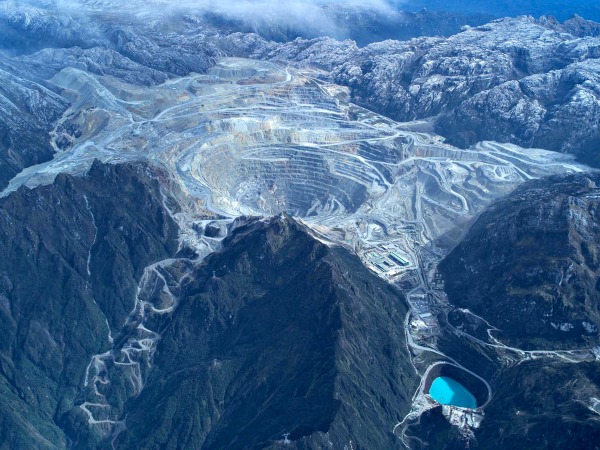Freeport-McMoRan considers exiting oil and gas business
Investors send FreeportMcMoRan’s (FCX +4.8%) stock surging after the company said it is considering new alternatives for its oil and gas business and that it is slimming down its board to nine members from 16.
The company hasn’t said so directly, but it probably took the influence of U.S. businessman and shareholder activist Carl Icahn to push the USA firm to return to what it knows best. Earlier this year, Freeport-McMoRan revealed a proposal to sell off shares in the division.
Option traders, meanwhile, are rushing toward the security’s calls in intraday action, with the contracts crossing at two times what’s typically seen at this point in the day – and outpacing puts by a almost 3-to-1 ratio.
Freeport-McMoRan said it’s undertaking the strategic review of its oil and gas business to enhance value to shareholders and achieve self-funding of the oil and gas business from its cash flows and resources, claiming the unit has a high quality asset base, substantial underutilized deepwater Gulf of Mexico infrastructure, a large inventory of low risk development opportunities and talented and experienced personnel and management.
Freeport’s energy unit includes assets in the Deepwater Gulf of Mexico, onshore and offshore assets in California and in the Haynesville natural gas shale formation, along with other natural gas assets in Louisiana.
Freeport McMoRan has been mining copper and gold at Grasberg in remote Indonesia since the 1970s. Roughly 60 percent of Freeport’s 2014 revenue came from copper, with about 20 percent from oil.
Freeport moved into the oil and gas business in 2013, when it purchased McMoRan Exploration Co. and Plains Exploration & Production Co. for a total of $9 billion.
The acquisition also raised eyebrows because McMoRan’s largest individual shareholder and chief executive, James Moffett, was also the chairman of Freeport.
Last week Mr. Icahn told Reuters that he was very bullish on the prospects of the copper business, saying “copper prices in the next few years will rise again. And right now, there is a little too much supply”.
The company said a potential public offering of a minority interest in the business remains an alternative, but the timing is subject to market conditions.








